Study Smarter, Not Harder
Here are some useful tips from students to help prepare for upcoming tests and finals.
December 11, 2022
As December begins, holiday celebrations are in full swing and Jags are nearing the end of the semester. Along with the sight of Winter Break, finals loom over these upcoming weeks. If you are looking for ways to improve your study routine, helpful tips from peers, or to learn some basic study techniques, you’ve come to the right place.
As students’ lives differ through sports, work, volunteering, and other extracurricular activities, every study routine is different. Here are some tips from high school students and what they do to study and prepare for upcoming assessments.
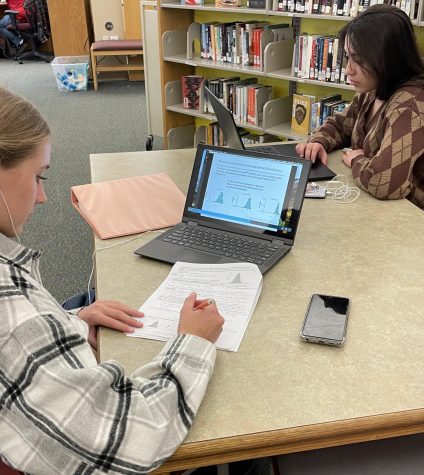
(photo by Claudia Llado)
Aspen Heppe ‘25:
“I truly just dedicate a whole day in my weekend to study, study, study. I also take frequent breaks, which helps because it’s hard to do it all at once. I definitely find that I have to start spreading my study time out and I have to start planning like two weeks ahead of time. I think about what classes I’m good in and what classes I’m not [good in] to know which classes to study for more,” Heppe said.
Abbey Gardner ‘23:
“It depends on the class obviously, but I like reviewing all of the material and keeping all of my papers organized. I’m a very busy person so just keeping a tight schedule, staying on top of everything, and not procrastinating, especially during this time, [helps]. I went to American Academy [for middle school], and I know it sounds weird, but the loads of homework in middle school has helped me so much in high school because like now as a senior I don’t have as much compared to like 8th grade. So it’s really taught me to stay on top of my stuff,” Gardner said.
Kade Ericson ‘23:
“I mainly try to focus more on the priority classes first and then I just go from there. And I read out loud a lot and talk about it so that I can get it in my memory and I’ll make sure to memorize it before so that I don’t have to always look at my notes,” Ericson said.
Some students believe that re-reading notes or skimming over endless paragraphs in textbooks works, but it may not for others. Research shows that using an effective study method and staying organized can lead to more academic achievement. Using these methods can also help with time management causing students to retain more information whilst studying for a shorter amount of time. If you’re looking to improve your study routine, here are some methods below that could help.
Blurting Method:
This study method specifically helps with long-term memory and consolidation, meaning that this technique can be used after learning or reviewing a lesson to make sure that you understand the material properly. To do this method, set a 5-minute timer, and, after you have gone over the material, write down everything you remember from memory alone on a piece of paper without looking at your notes. After you’ve finished, scan your paper to check if everything is correctly written, and in a different colored pen, write down all the material you missed in your blurt. Everyone is different, but blurts are typically most effective when done uncommonly (for example, every other day or after you’ve learned something new).
Active Recall:
This is a study technique where you repeatedly test yourself over the material learned. Compared to re-reading your notes or pages from your textbook, which put information into your brain, active recall instead makes you retrieve from your memory, actively learning because you are constantly quizzing yourself. To do this method, make a list of test questions about the topic you’re learning, and from memory, answer it to the best of your ability without your notes. Afterward, check for incorrect answers, using your notes to rewrite them correctly. Active recall can be done in a multitude of ways, so if you don’t want to make a list, you can write on flashcards instead, with the question on one side and the answer on the other.
Feynman Method:
This is my personal favorite, as it dabbles with active recall and consolidation. After you have reviewed your notes and material, act as if you’re explaining the topic to an audience (real or fake) who has no idea what you are learning about. When you’re teaching them, it needs to be completely from memory, without looking at your notes. If the topic needs to be studied more in-depth, first explain it as if you were talking to a child, speaking clearly and clarifying everything. Then, repeat the process but simplify it, talking in more general terms that you can understand in a more simple definition. You can always go to an actual person and explain what you’ve learned, seeing if they have any questions that you can clarify, which further helps with active recall.
Leitner System:
This is a memorization method that focuses on spaced repetition. Instead of cramming the night before and studying all in one night, this method can help students space out their course material over a period of time. To do this method, you need two things, electronic or digital flashcards and 3 boxes labeled as “study levels” (level 1=hard, level 2=medium, and level 3=easy). For example, let’s say you have an entire concept you need to study before an exam. Start by writing index cards for each vocab word or material as needed, and when finished, all flashcards will be placed in box #1. As you study and answer a card correctly, it can be placed in box #2, moving up a level. But, if you answer a card incorrectly, place it back into box #1, and so on. When you have gone through all of the cards, maybe there are some cards still in box #1 (these would need to be studied more frequently) and some in box #2 (which wouldn’t need to be studied as often, like every other day or once a week). Do this method until all flashcards are placed in box #3.
Interested in more study tips? Maybe this link can help.
https://www.mydegreeguide.com/how-to-study-tips/
RCHS Finals Schedule 2022-23:

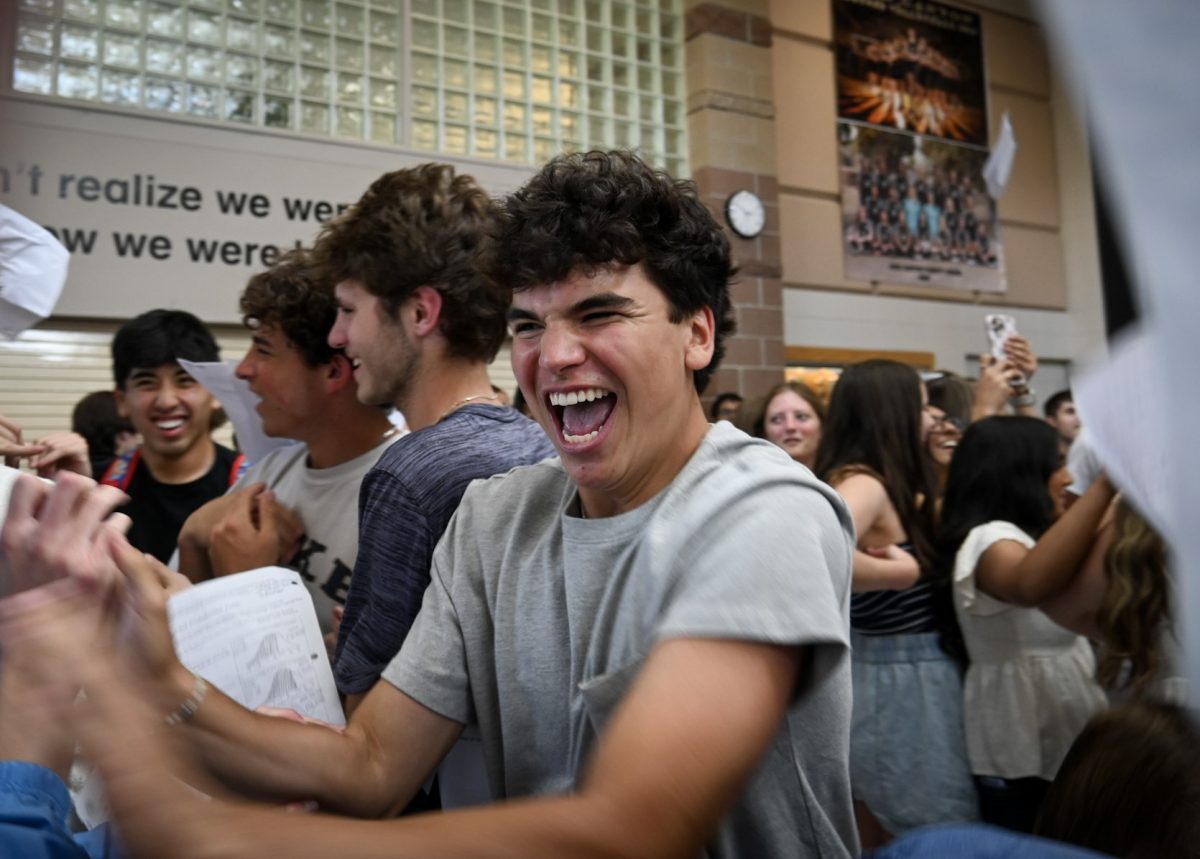
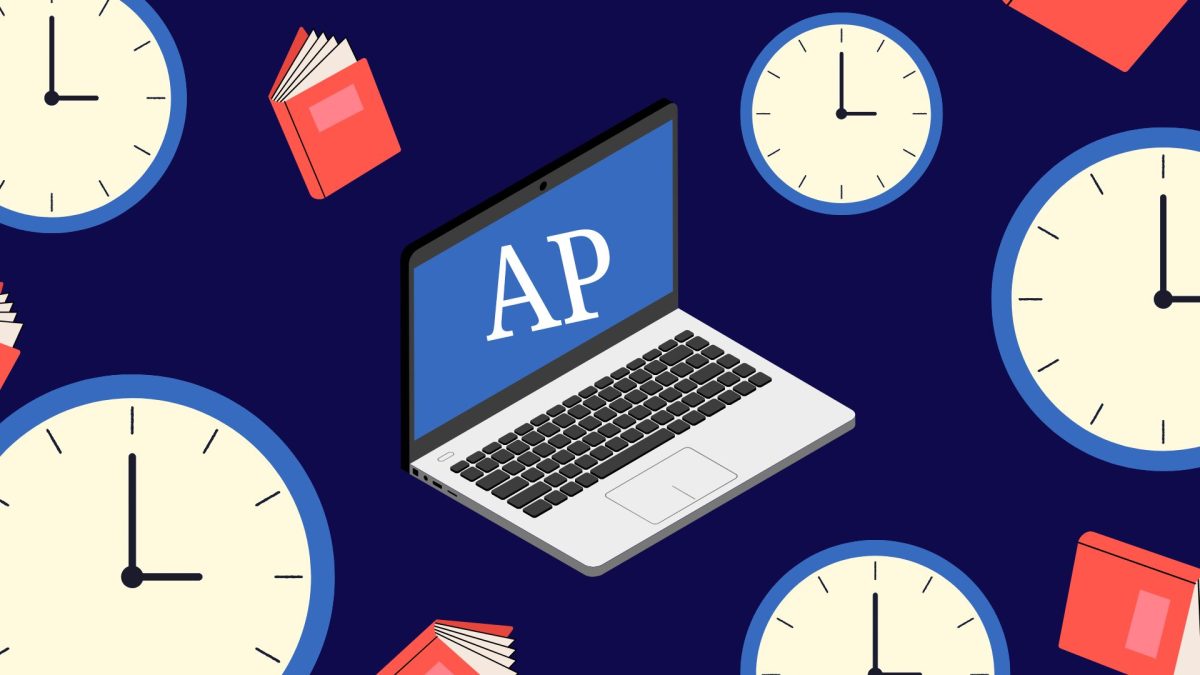



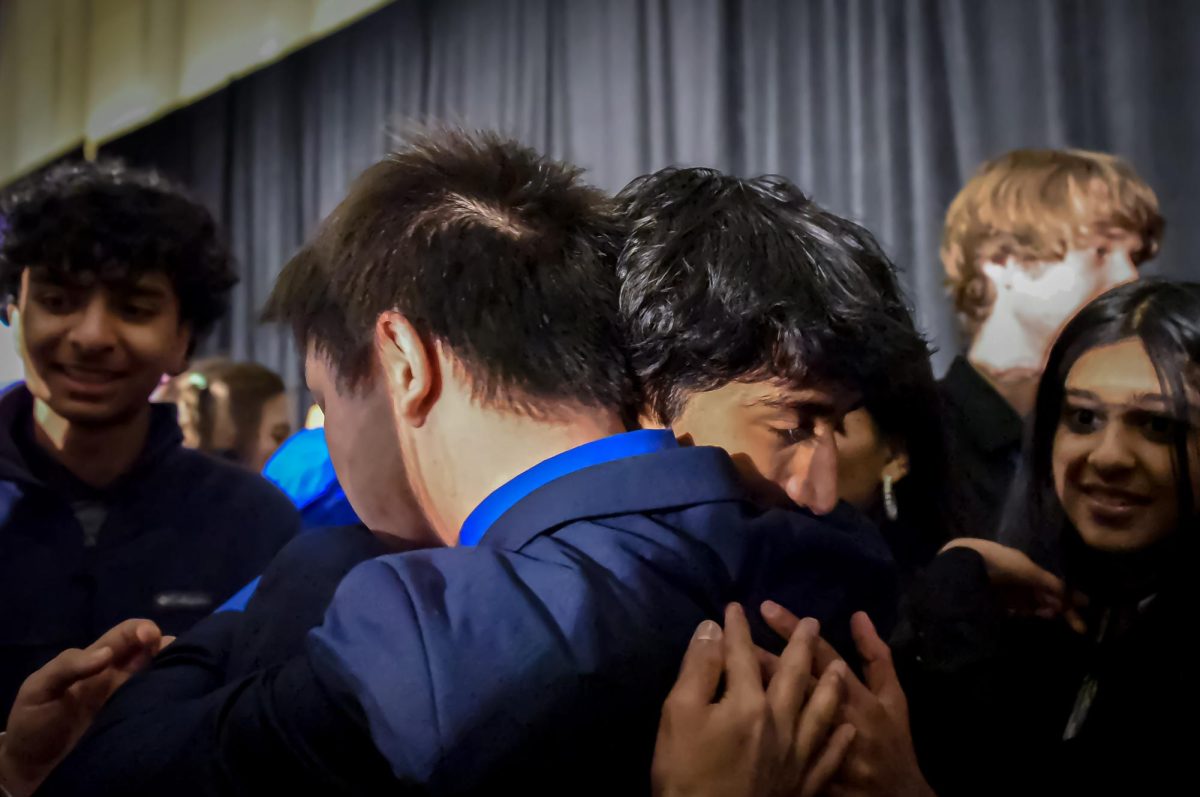

![The winter guard team makes fifth place at the state championship finals in the Denver Coliseum, March 30. The team performed to Barnes Country's “Glitter and Gold,” lead by coaches Margo Sanford, Blair Bickerton and Anna Orgren. In their class there were a total of nine groups participating, and the top five who made it to finals received a plaque. “[Walking onto the stage] is very nerve-wracking, but also very exciting as well. When you first start color guard there's a lot of anxiety and uncertainty when you first perform in front of an audience, but once you've done it for a while, it starts to become the best part of the season,” Ella West ‘25 said. “It's very fulfilling to see an audience react to something you've put your heart and soul into.”](https://rockmediaonline.org/wp-content/uploads/2025/04/Both-socal-media-nd-website-main-1-1200x846.jpg)
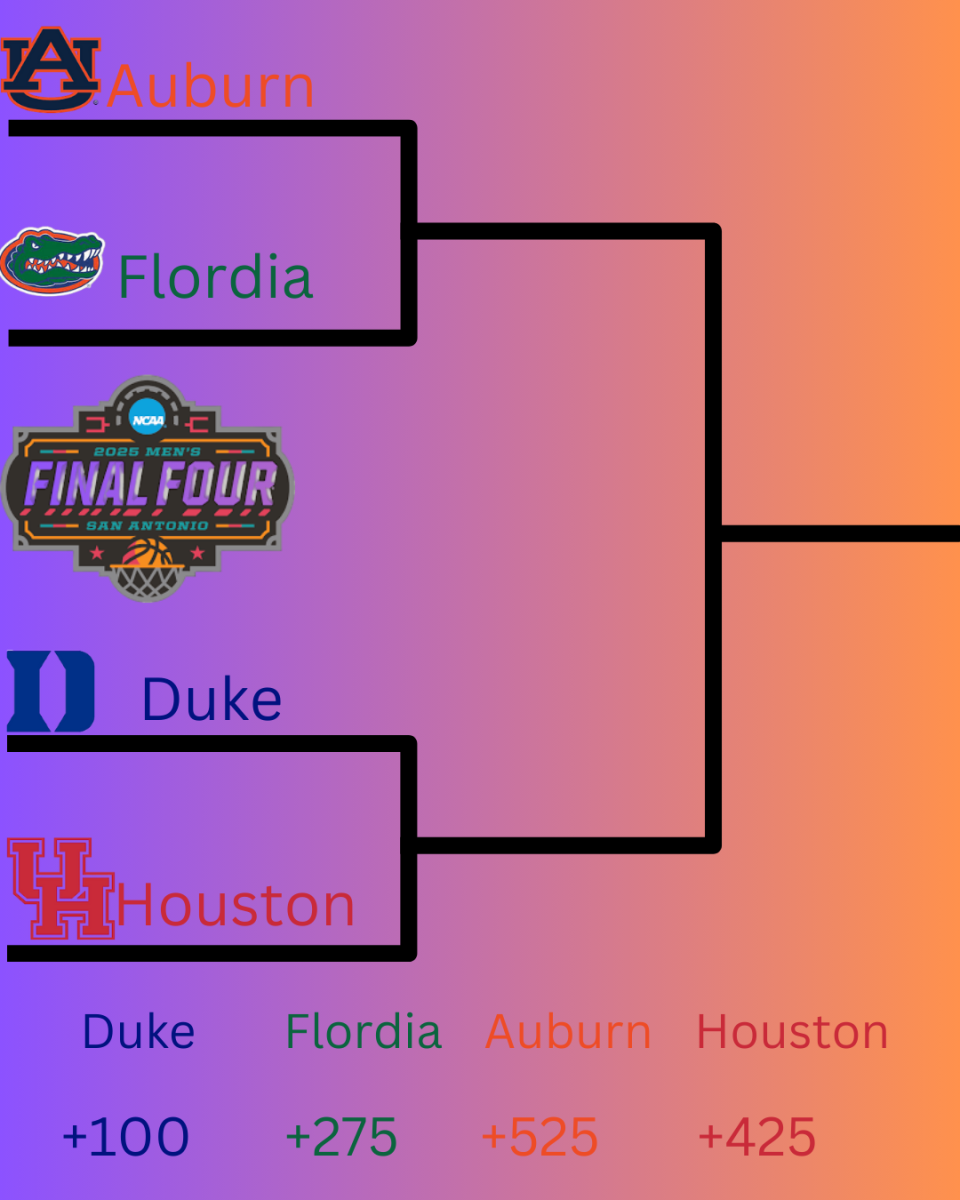
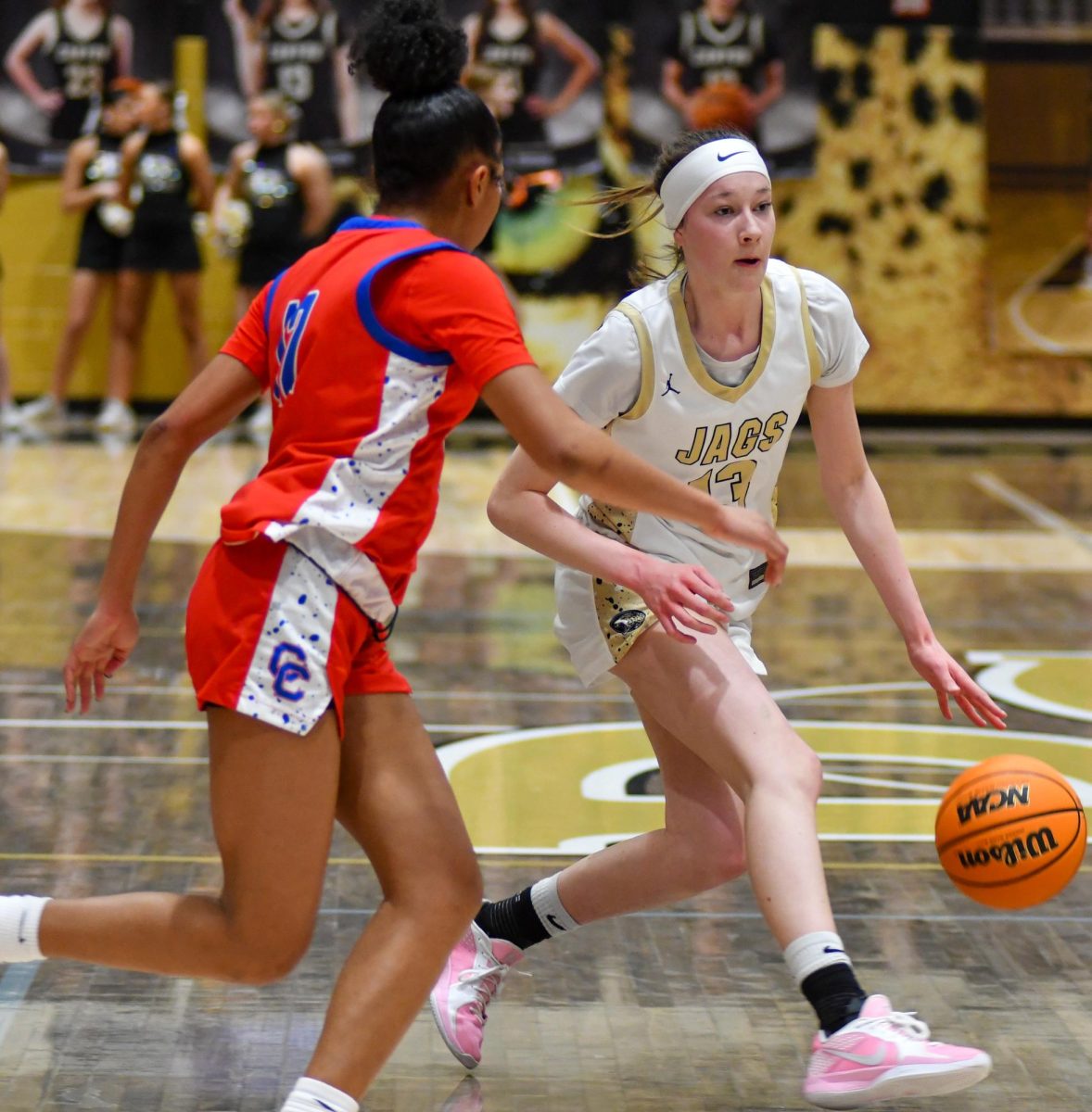
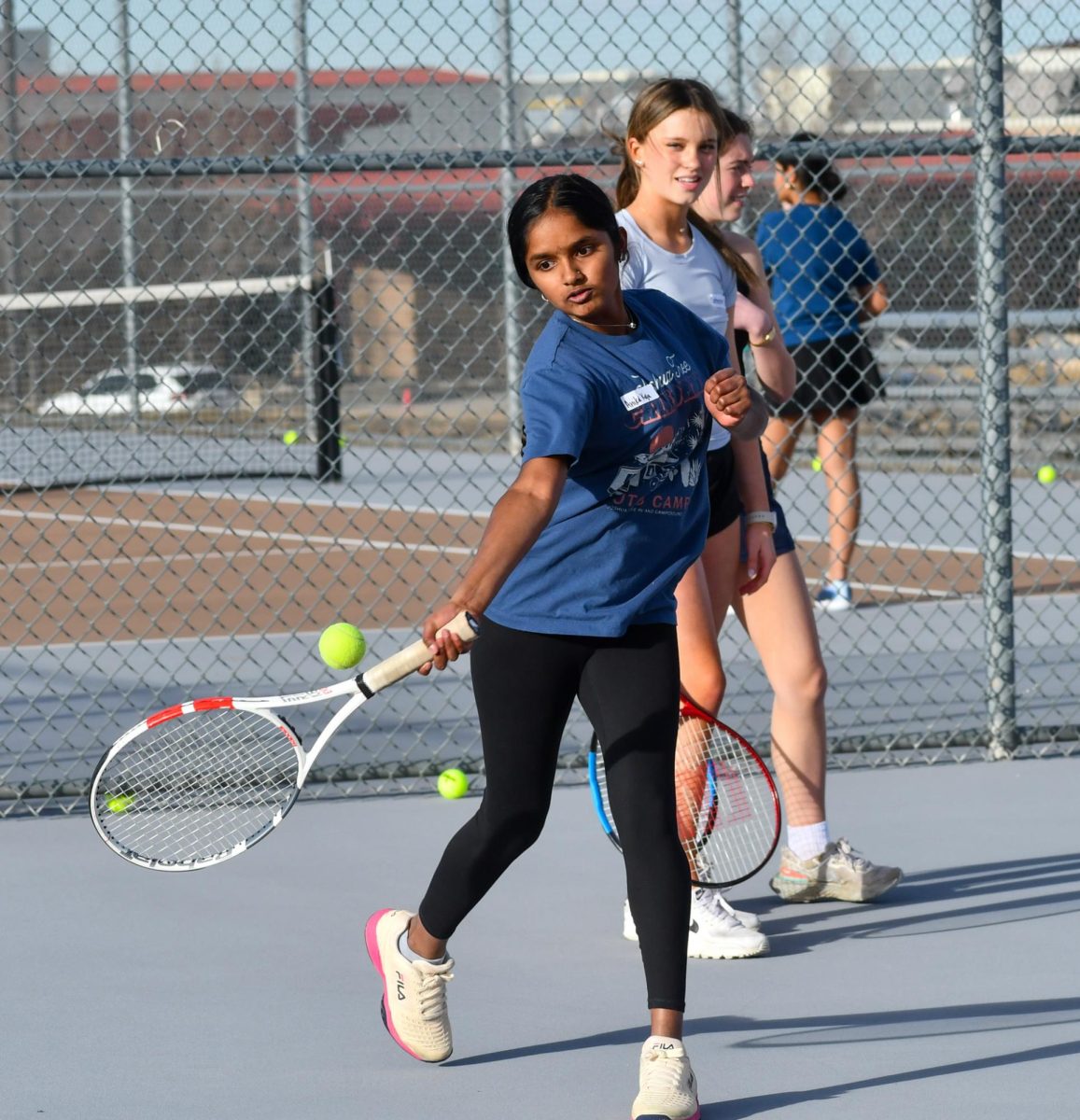
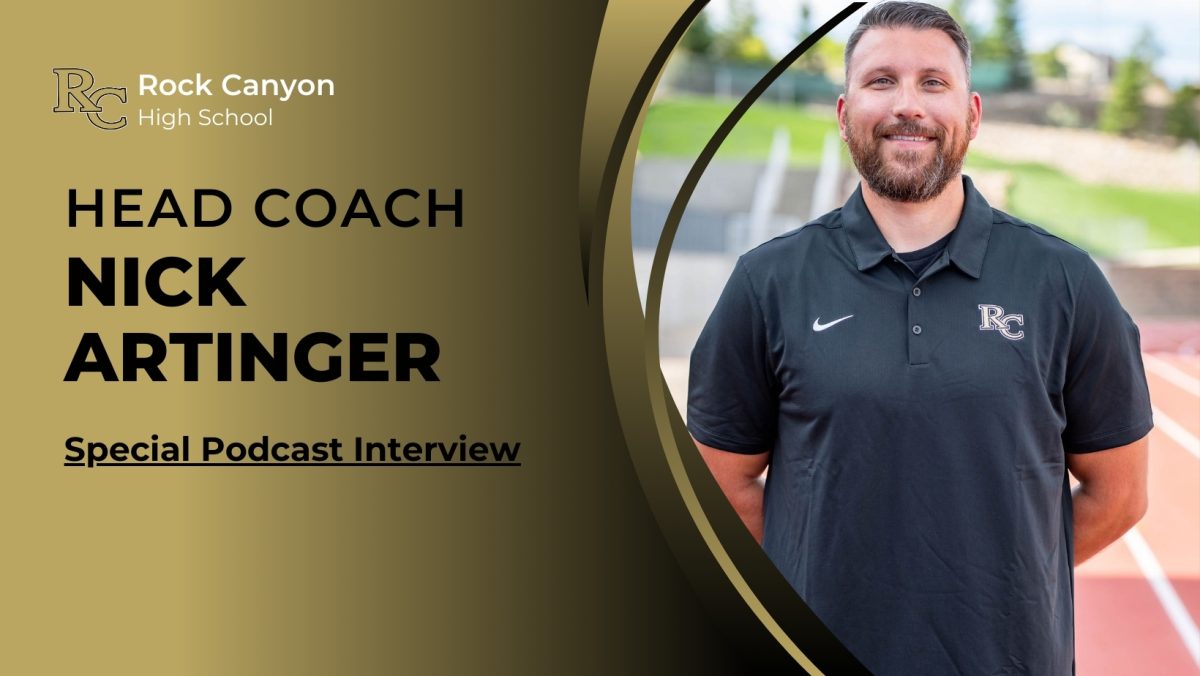

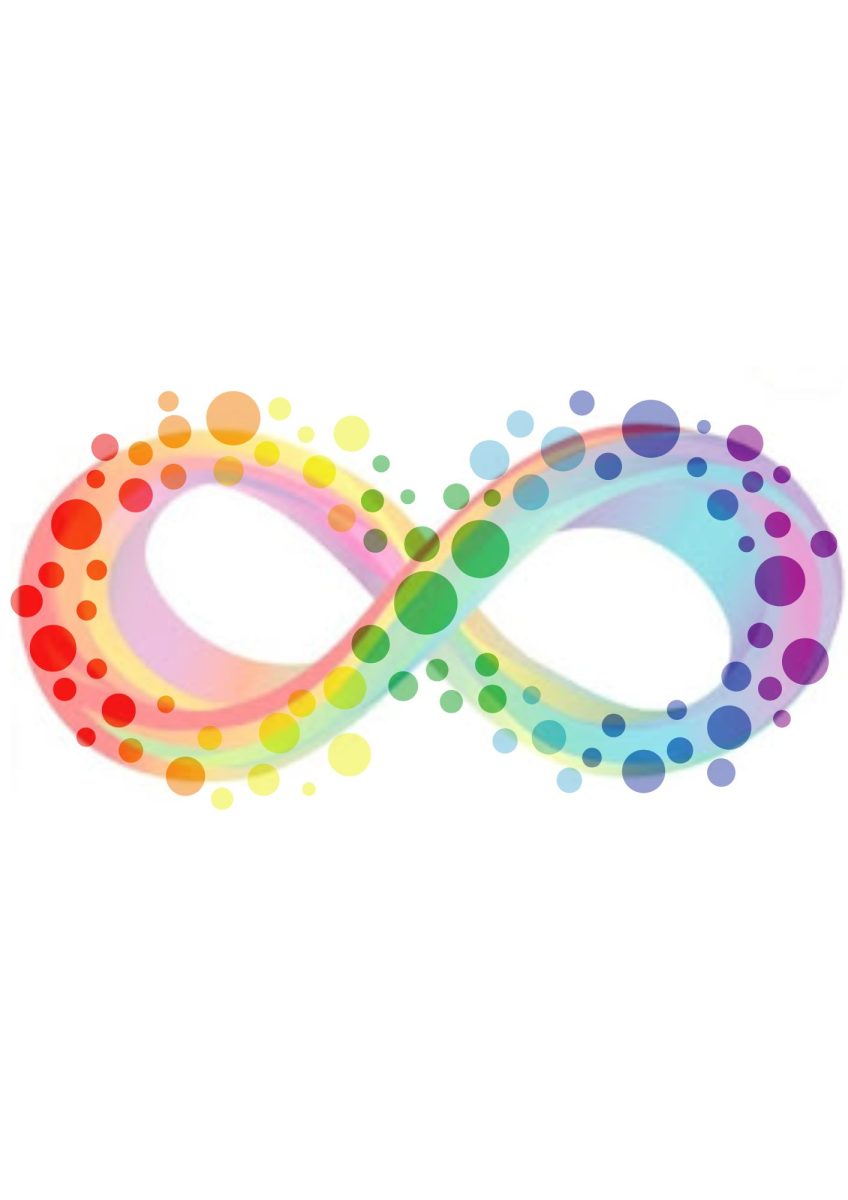
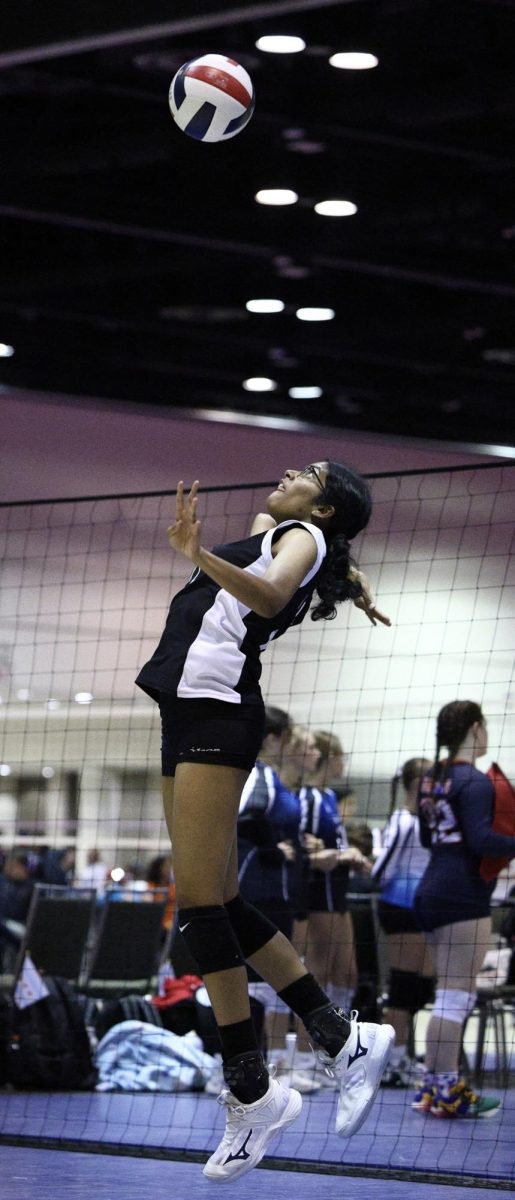
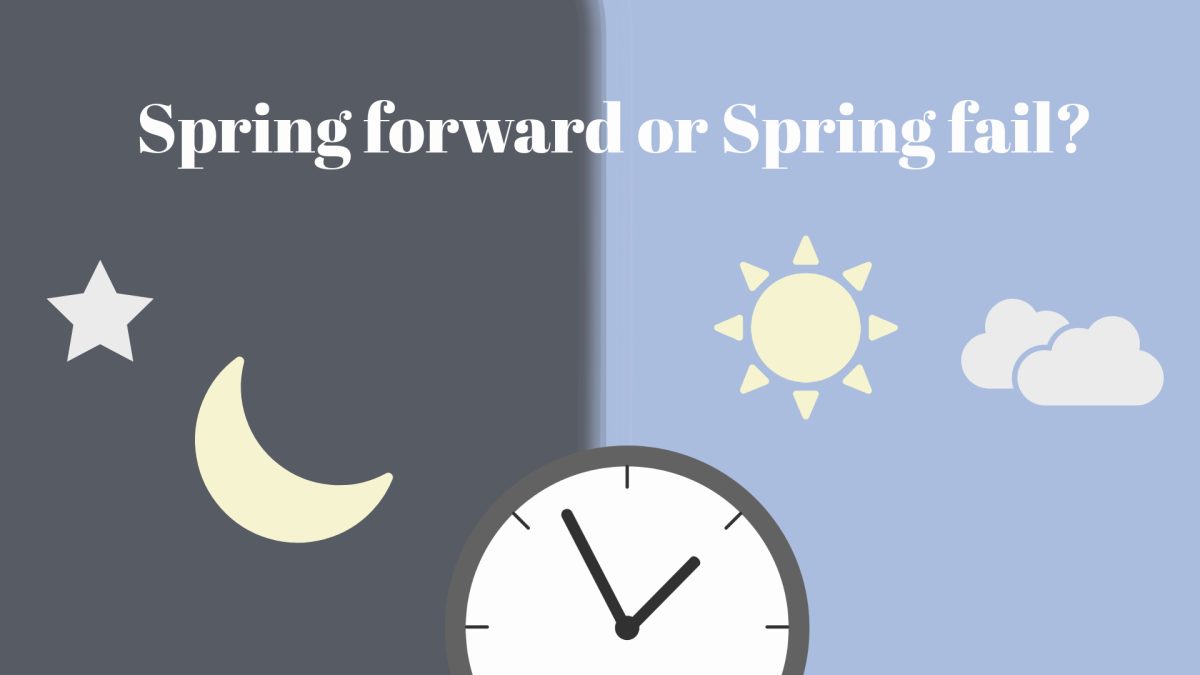
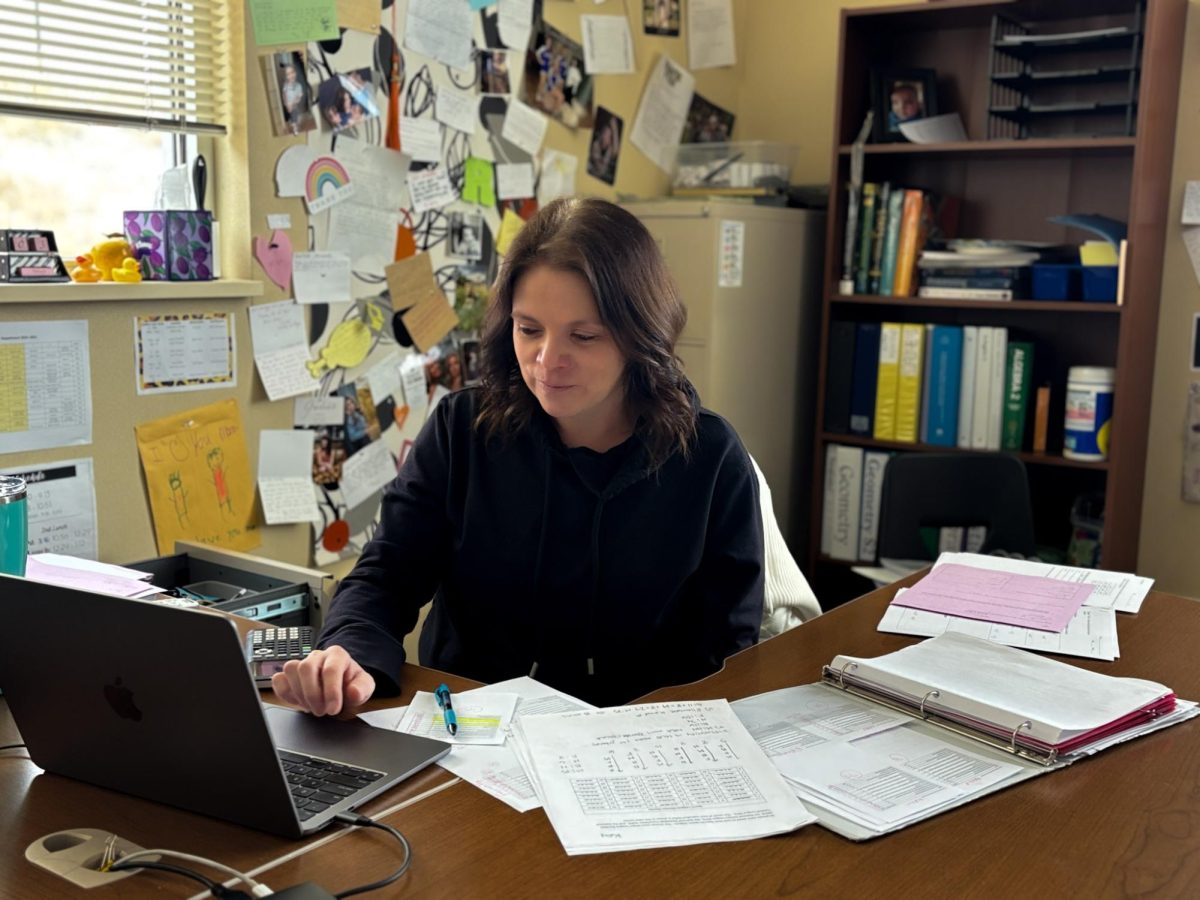
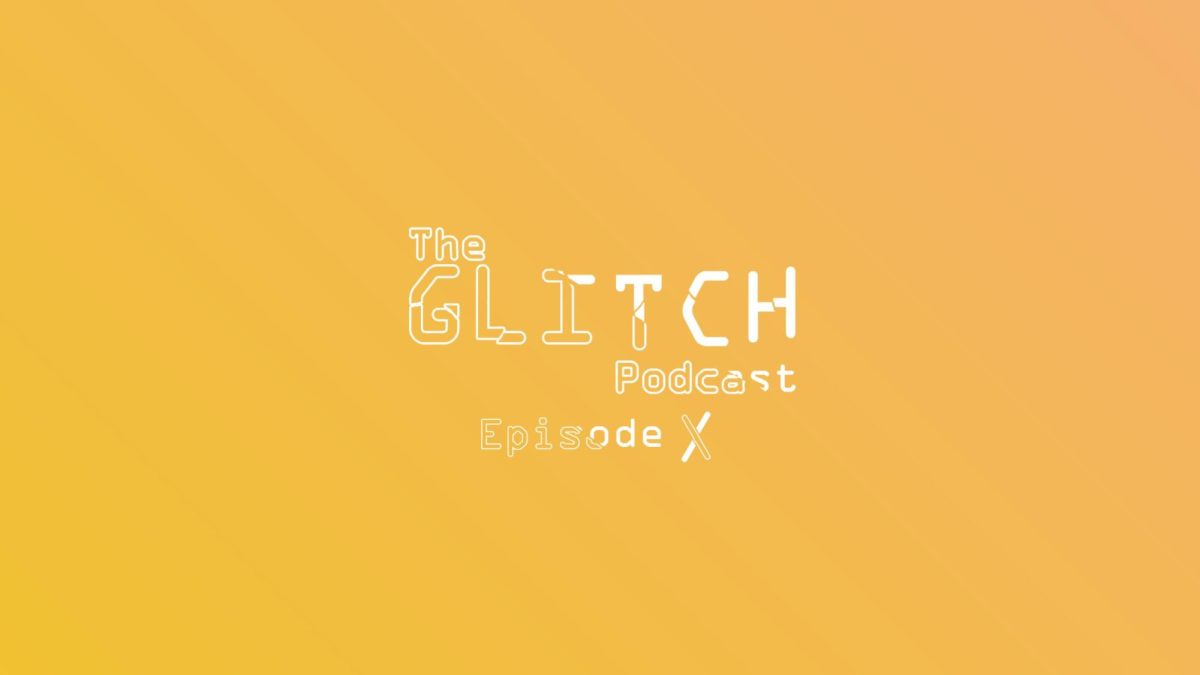
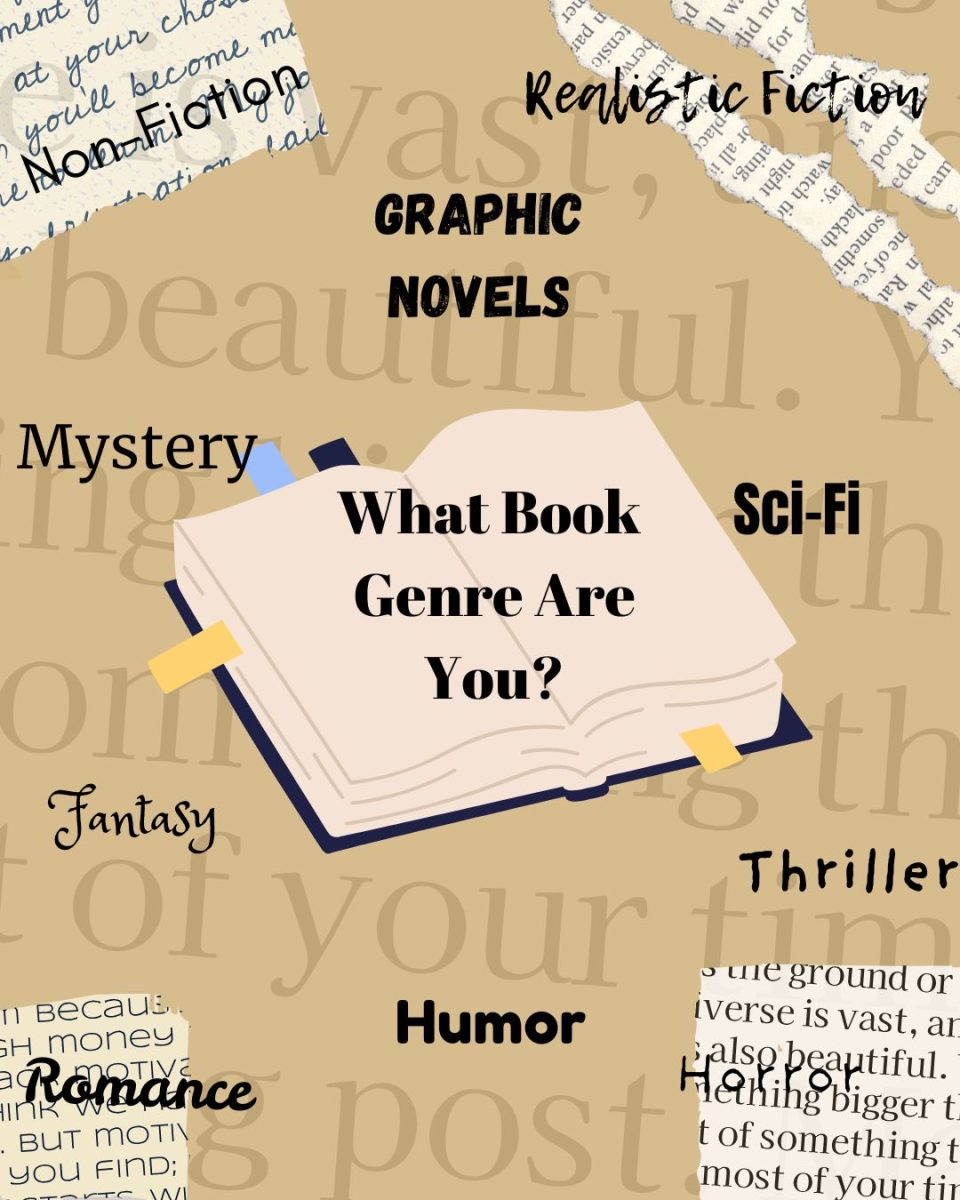

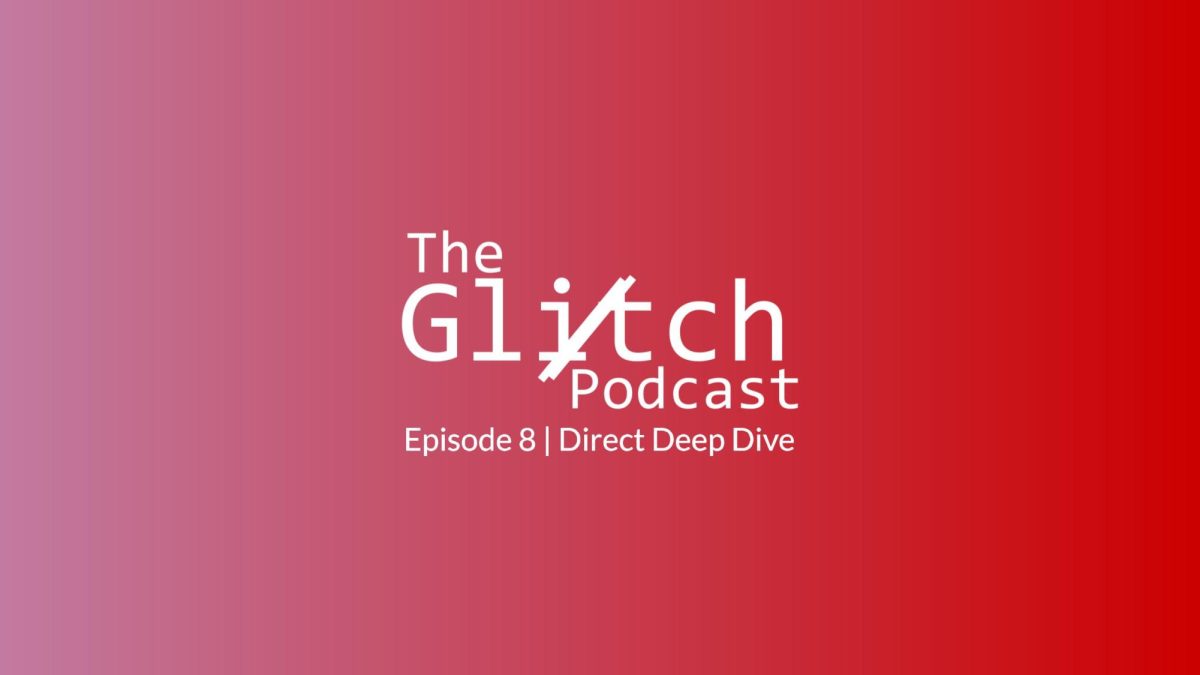
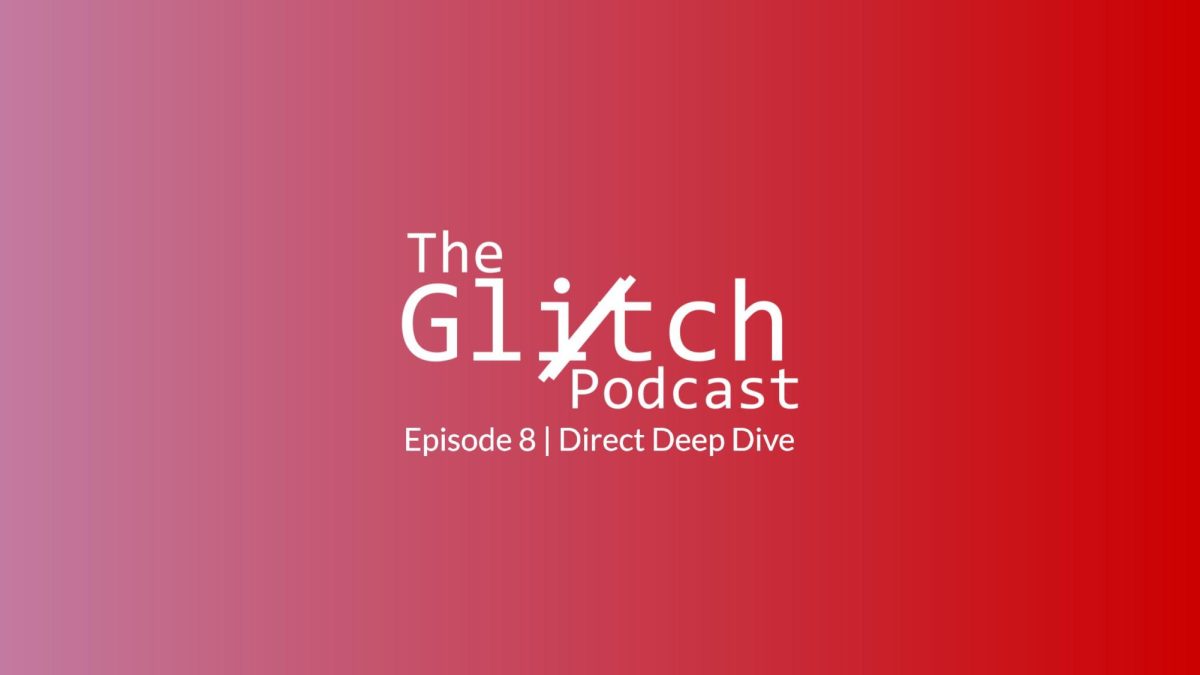

![April marks the 25th anniversary of Sexual Assault Awareness Month, created by the National Sexual Violence Resource Center (NSVRC). This month is to spread awareness of the harassment, assault and abuse that happens around the world. The symbol that represented the month was a teal ribbon; however, some survivors of assault create different symbols and movements like the TikTok trend in 2022, where survivors would tattoo Medusa on their body, in honor of her backstory in Greek Mythology. “I don't think [this month is known] at all. I rarely see anybody talk about it. I rarely see much of an emphasis on posting it online, or much discussion about it, and I feel like there needs to be way more discussion,” an anonymous source said. “I think just validating every experience that a person has gone through, regardless of the degree of it, the severity, is an essential step into making sure that people are aware that this is a very real problem in a society and that we need to do better in addressing it.”](https://rockmediaonline.org/wp-content/uploads/2025/04/IMG_0011-1200x900.jpg)
![Lesbian Visibility Day is April 26, and it’s a holiday to celebrate the lesbian community of the world. Lesbian Visibility day was established in 2008 by many queer activists and organizations who sought to raise more awareness for lesbian history and culture. “So this is why during Lesbian Visibility [Day] we celebrate and center all lesbians, both cis and trans, while also showing solidarity with all LGBTQ+ women and nonbinary people,” Linda Reily, in an article written by her, said.](https://rockmediaonline.org/wp-content/uploads/2025/04/Lesbian-Visibility-day.jpeg)



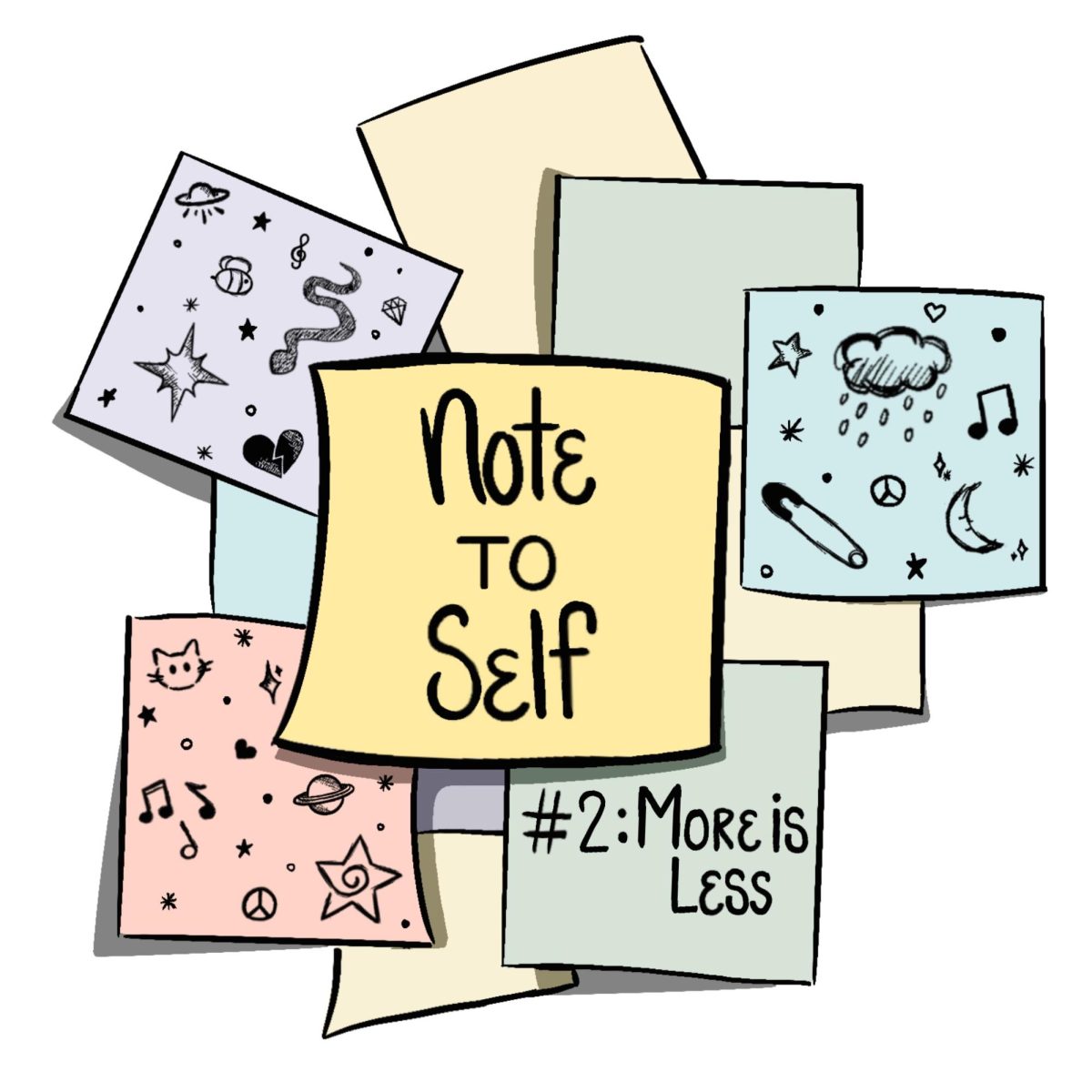
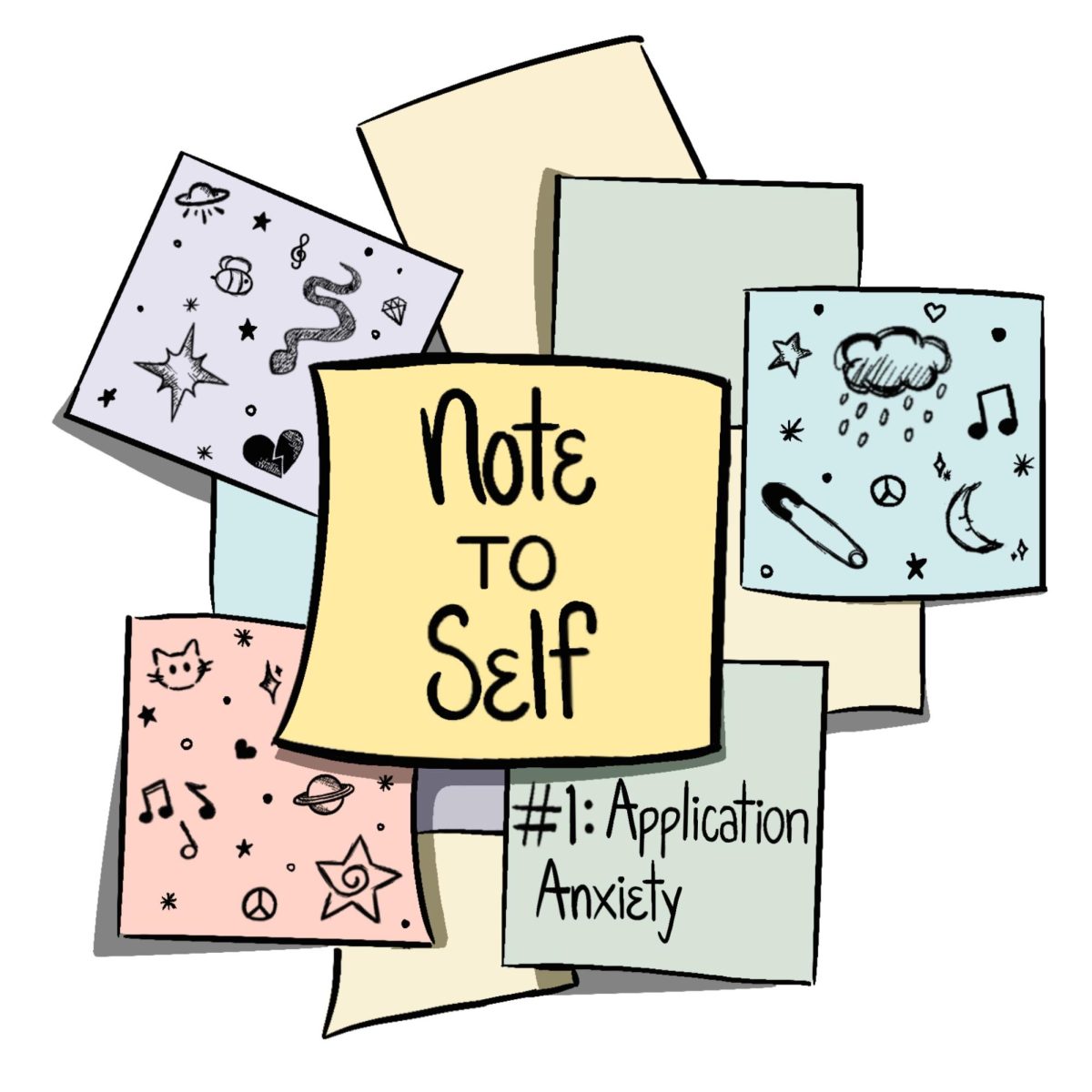
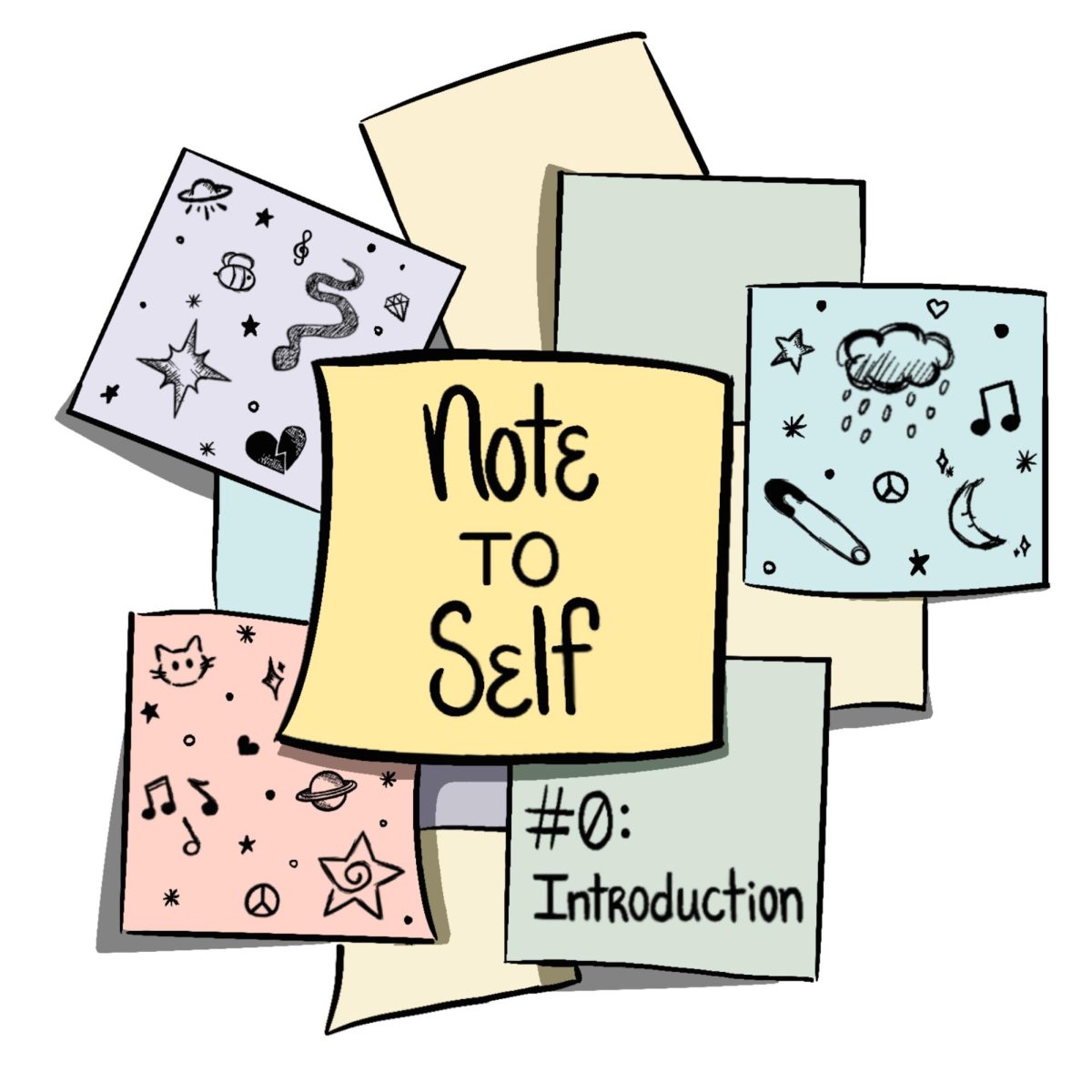
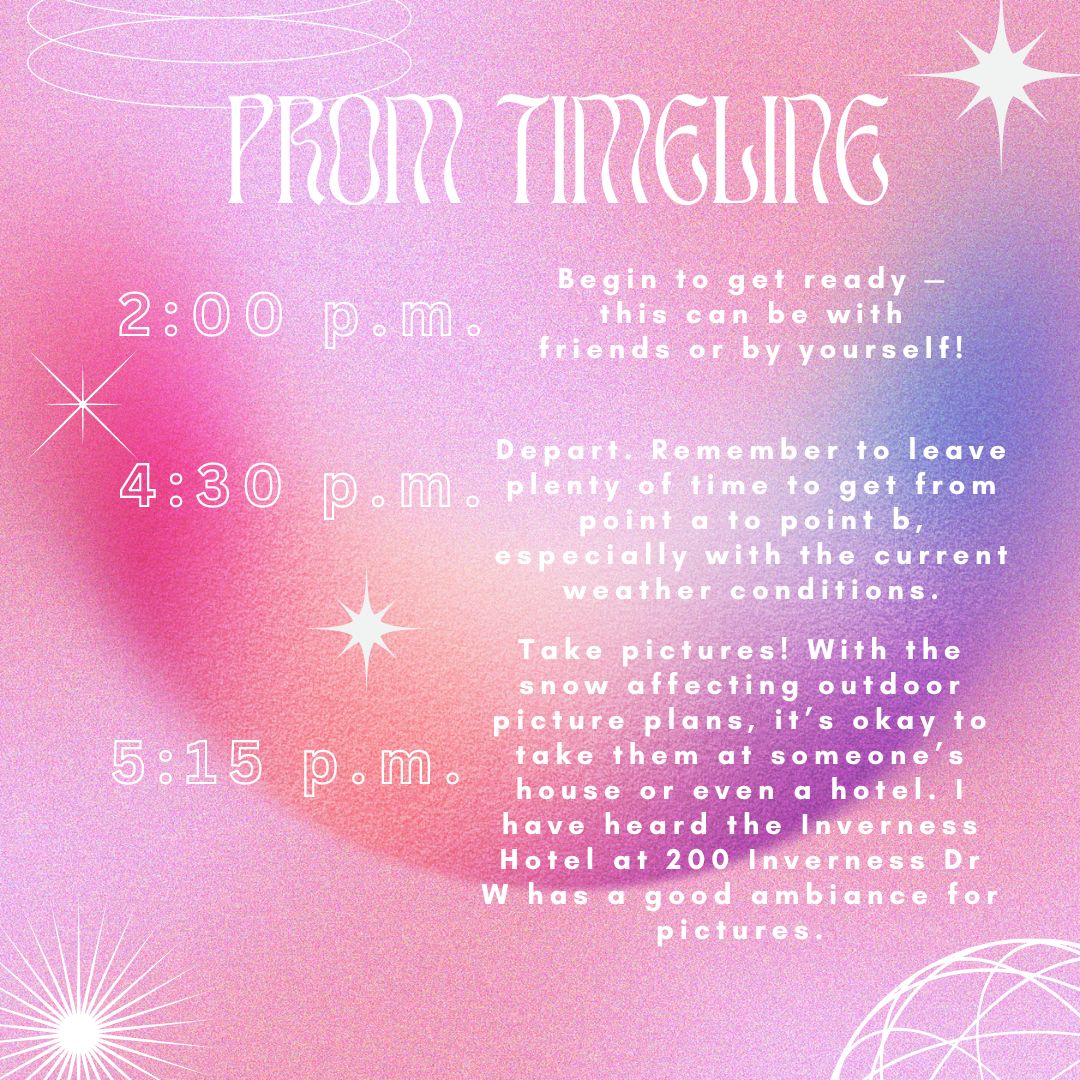
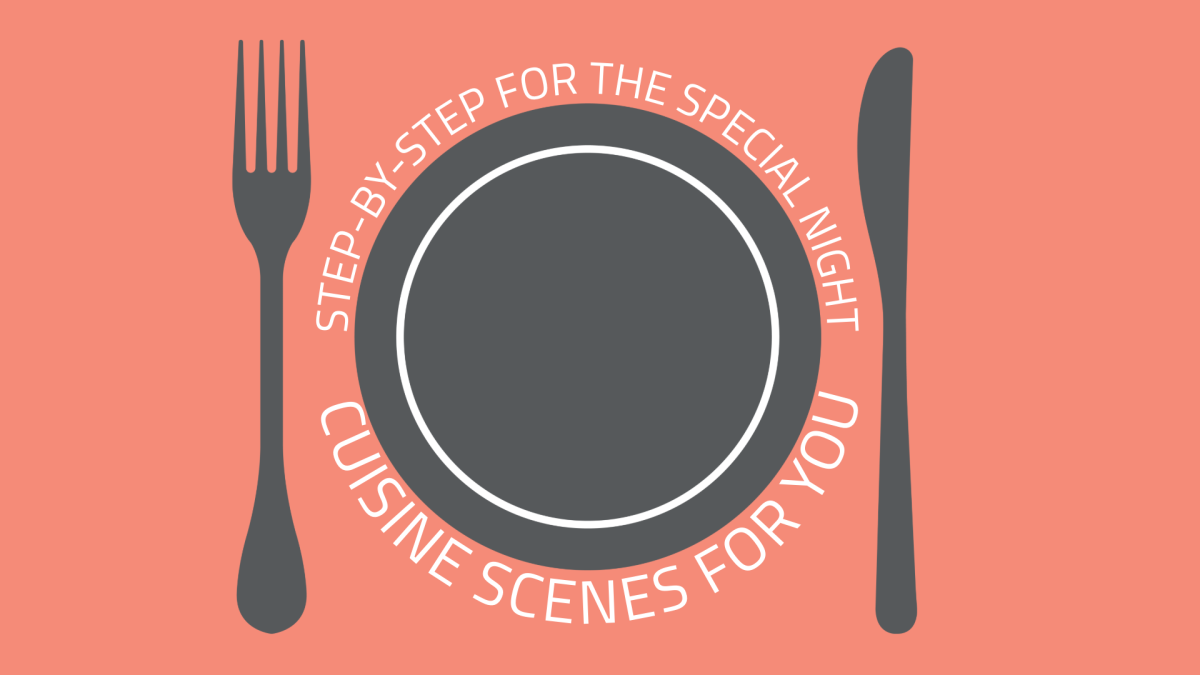
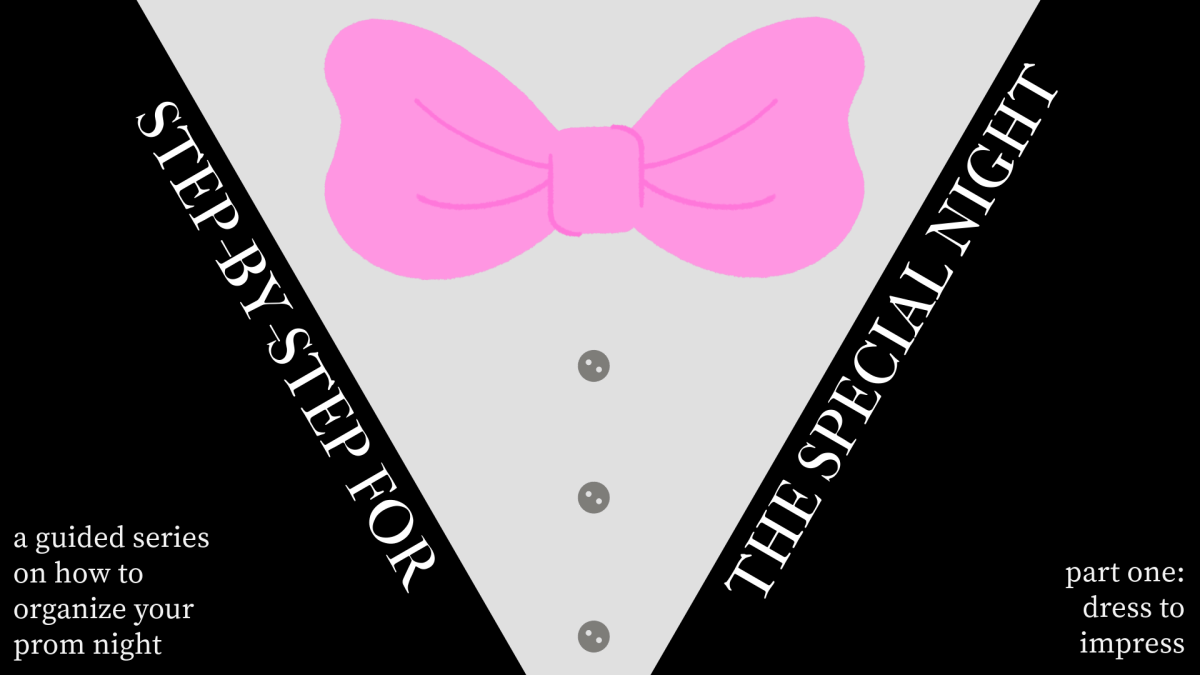
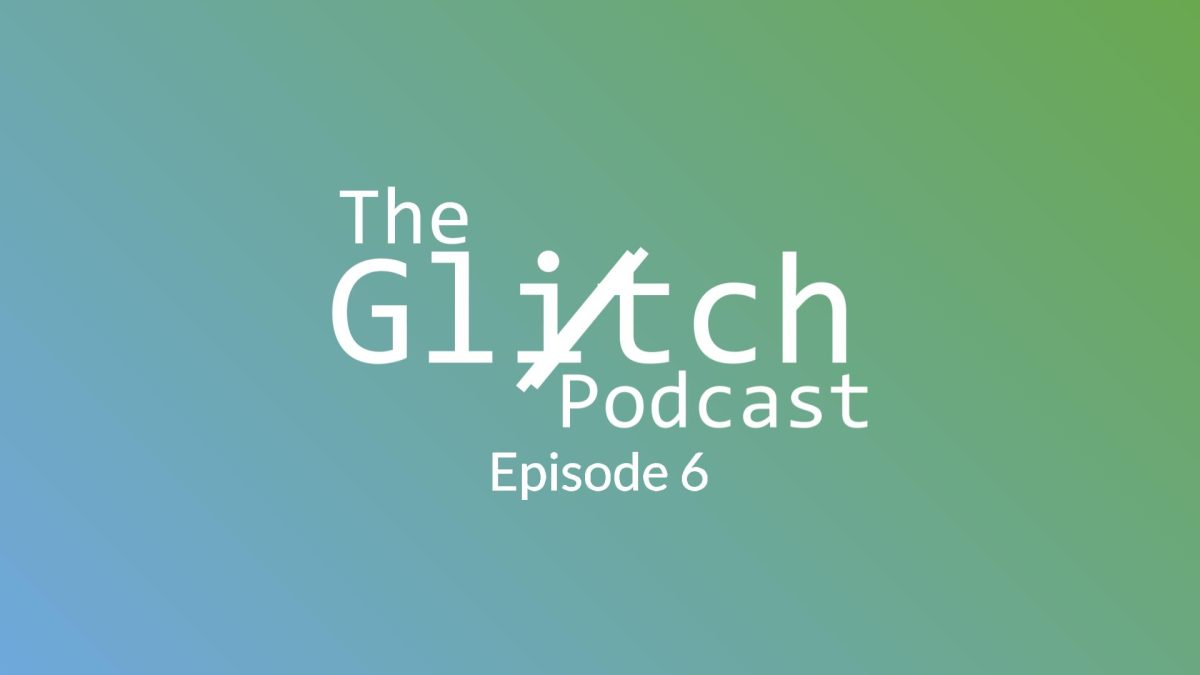
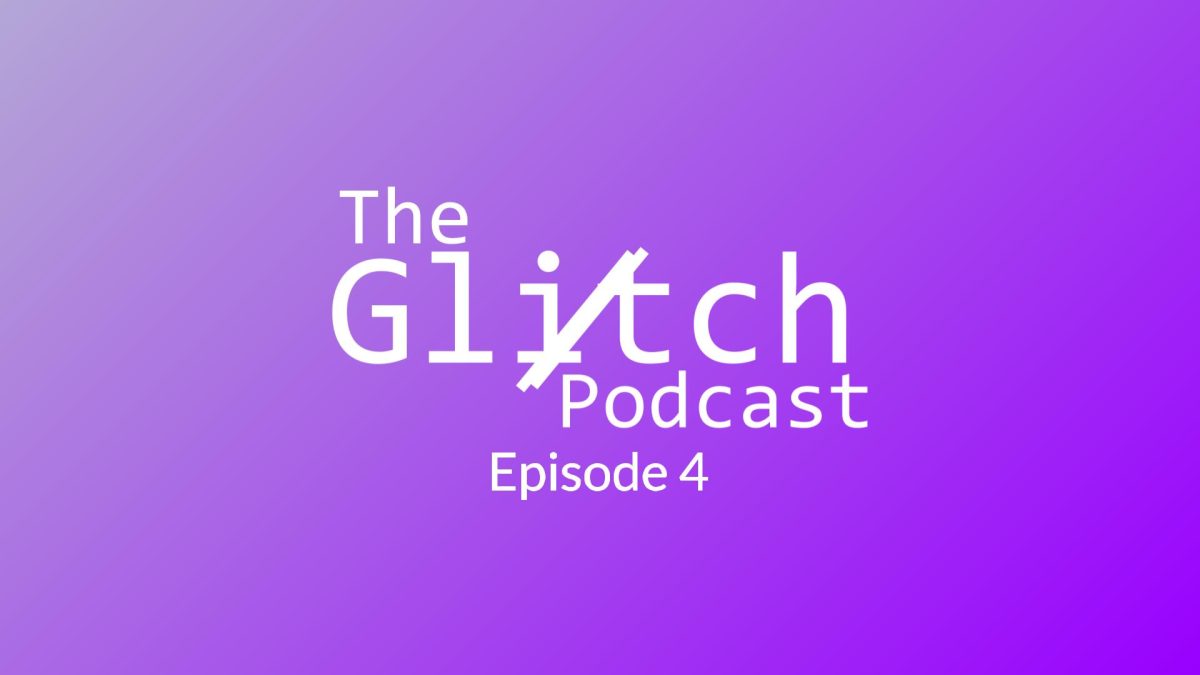
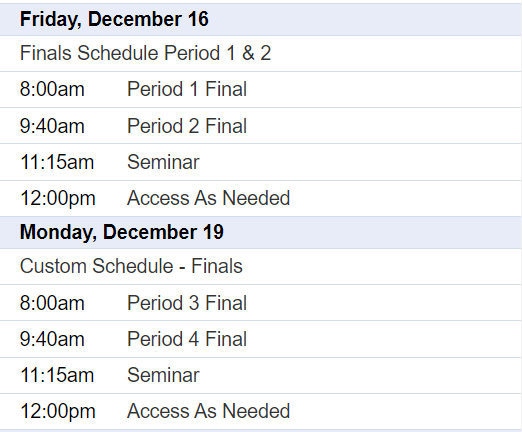
Julie Burns • Feb 10, 2023 at 2:39 pm
Great article! Love the outlining of different studying methodologies. Good job!